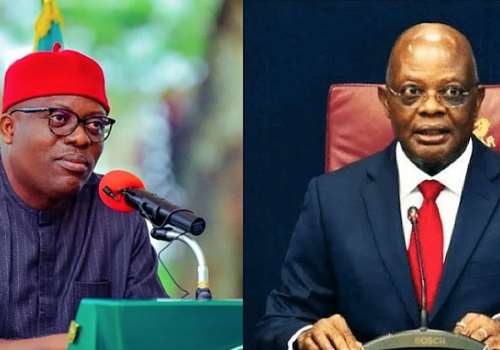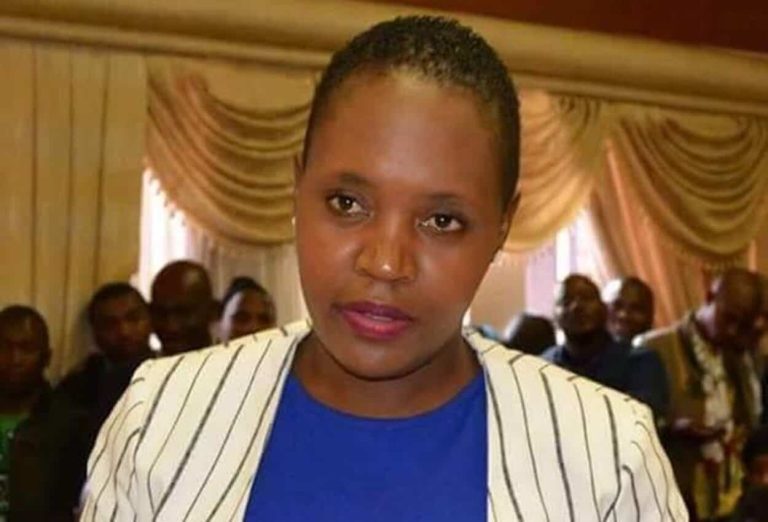
As Rivers State prepares for the reinstatement of Governor Siminalayi Fubara on September 18, following six months under emergency rule, the sole administrator, Vice Admiral Ibok Ete Ibas (retd.), has defended his stewardship, insisting he successfully executed President Bola Tinubu’s mandate to stabilise the oil-rich state.
Opposition parties, however, have called for a probe into Ibas’s administration, particularly his handling of state resources.
The Peoples Democratic Party (PDP) dismissed his tenure as “a waste of time,” branding the emergency rule unconstitutional and undemocratic.
The New Nigeria Peoples Party (NNPP) went further, describing the six-month administration as illegitimate from inception, while the Labour Party (LP) accused the intervention of serving the political interests of President Tinubu and Federal Capital Territory Minister Nyesom Wike, rather than those of Rivers people.
In sharp contrast, the All Progressives Congress (APC) lauded Ibas’s leadership, praising him for maintaining peace, protecting citizens’ rights, and ensuring the successful conduct of local government elections.
The APC hailed his tenure as a stabilising force that kept Rivers from sliding deeper into political turmoil.
For nearly two years, Rivers State had been embroiled in a bitter power struggle between Wike and his successor, Fubara—a crisis that paralysed governance.
In response, President Tinubu declared a state of emergency on March 18, suspending both Fubara and the Rivers State House of Assembly.
Two days later, the National Assembly endorsed the move, despite widespread criticism and a pending legal challenge filed at the Supreme Court by 11 PDP governors (case number SC/CV/329/2025).
With tensions now easing after reconciliation between Wike and Fubara, the state successfully conducted local government elections on August 30.
The APC secured 20 seats, while the PDP clinched the remaining three. Ahead of his handover, Ibas has begun transition processes in anticipation of Fubara’s return.
Speaking at an Interdenominational Thanksgiving Service in Port Harcourt on Sunday, Ibas reflected on his six-month stewardship, declaring that Rivers had been steered from “a crossroads of division and instability” towards a path of reconciliation.
“Six months ago, when His Excellency President Bola Ahmed Tinubu declared a state of emergency in Rivers State, our beloved state was torn by divisions, instability, and broken trust,” Ibas said. “By God’s grace, with the support of Mr. President and the good people of Rivers, we weathered the storm. Today, peace has returned, and democratic governance stands on firmer ground.”
The retired admiral emphasised the need for forgiveness, reconciliation, and unity, warning political actors against sacrificing the state’s progress on the altar of personal ambition.
“Politics must never be an excuse to destroy the very state we are called to serve,” he stressed. “Rivers cannot afford another season of acrimony. No political victory or personal gain is worth the blood of our brothers and sisters.”
He also appealed to the state’s youth not to allow themselves to be used as instruments of violence but instead to channel their energy into building a more peaceful and prosperous Rivers.
Despite his appeals, notable figures—including Wike and Fubara—were absent from the thanksgiving. The event was, however, attended by permanent secretaries, local government chairmen, service commanders, and the Chairman of the Rivers State Council of Traditional Rulers.
In his sermon, Pastor Organ Barasin described the emergency rule as a necessary divine intervention that prevented Rivers from descending into chaos.
“We must admit that we didn’t do well,” he said, noting that the political tension before March could have led to a bloodbath if not for timely intervention.
As Governor Fubara prepares to return to office, Ibas urged Rivers leaders, elders, and citizens to prioritise the collective good over personal interest, nurture the seeds of reconciliation, and commit to sustaining peace for future generations.



